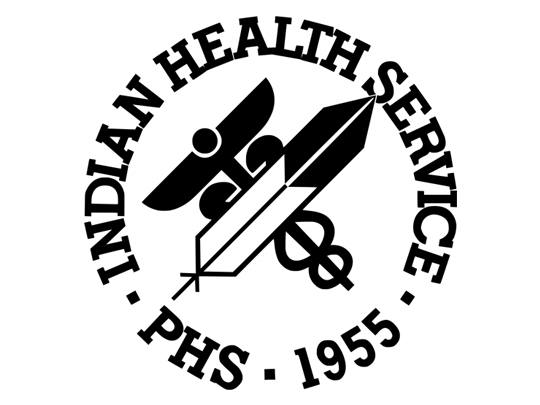IHS Awards New Cooperative Agreements for Ending the HIV and HCV Epidemics in Indian Country
Topics
Cross-posted from IHS Newsroom, originally published 9/27/22

Today, the Indian Health Service is announcing $1.2 million in three-year cooperative agreements to seven tribes, tribal organizations, and urban Indian organizations for “Ending the HIV Epidemic in the U.S.” to support work toward eliminating HIV and hepatitis C in Indian Country.
“HIV and hepatitis C remain a significant public health issues,” said IHS Chief Medical Officer Dr. Loretta Christensen. “The Indian Health Service is committed to improving health outcomes for those already living with HIV and HCV and reducing and preventing new infections. Ending the HIV and HCV epidemics requires a whole of society effort, and its success depends on everyone working together, including the IHS, tribes, and tribal and urban Indian organizations. This funding will support our efforts to prevent further spread of HIV and HCV.”
Beginning in fiscal year 2021, the IHS received $5 million for “Ending the HIV Epidemic in the U.S.” The funds support tribes, tribal organizations, and urban Indian organizations’ activities that address HIV/HCV and sexually transmitted infections. The following organizations received funding:
| Organization | City | State | Amount |
|---|---|---|---|
| Southern Indian Health Council, Inc. | Alpine | California | $166,365 |
| Albuquerque Area Indian Health Board, Inc. | Albuquerque | New Mexico | $200,000 |
| First Nations Community HealthSource | Albuquerque | New Mexico | $193,000 |
| Chickasaw Nation | Ada | Oklahoma | $200,000 |
| Native American Rehabilitation Association of the Northwest | Portland | Oregon | $200,000 |
| Rosebud Sioux Tribe | Rosebud | South Dakota | $55,479 |
| Seattle Indian Health Board | Seattle | Washington | $198,590 |
The IHS hosted several tribal consultations and urban confer conference calls with tribal and urban Indian organization leaders in March, April, and May 2021 to seek feedback on priorities necessary to implement and build the initiative for maximum success in facilities across the Indian health system. IHS shared the funding decisions in a letter to tribes and urban Indian organizations on March 24, 2022.
While Indian Country has made progress since the late 1980s in the fight against HIV, there is still more work to do. Among people living with HIV, American Indian and Alaska Native communities have the largest percentage of persons with undiagnosed HIV infection. National interventions have reduced the number of new HIV diagnoses, but not everyone benefits equally from these advances. For example, men who have sex with men account for most new HIV diagnoses. Stigma in Native communities can also be a debilitating barrier preventing someone living with HIV or at risk for HIV from receiving the health care services they need and deserve. IHS continues to address barriers for people living on Indian reservations and in other rural communities that limit opportunities for education and HIV testing.
The IHS, an agency in the U.S. Department of Health and Human Services, provides a comprehensive health service delivery system for approximately 2.7 million American Indians and Alaska Natives who belong to 574 federally recognized tribes in 37 states. Follow the agency via social media on FacebookExit Disclaimer, TwitterExit Disclaimer, and LinkedInExit Disclaimer.